What is causing water pollution, and what is the effect of water pollution on at-risk communities and ecosystems in Africa?
Water pollution in Africa is being caused by humans. There’s no denying it.
The very species that is so dependent on safe and clean water is the species that is causing freshwater sources to be polluted. But what is water pollution? Broadly defined, water pollution is the process of foreign substances entering a water body (either above or below ground) and in the process causing the water to be unusable or toxic to the ecosystem in which it is located.
The effects of water pollution are catastrophic: Plant and animal life suffers, and so do vulnerable people and communities. Hold your government to account and make sure that all Africans have access to clean, healthy water HERE.
Make no mistake. Access to clean, healthy water is a fundamental human right. Clean water is essential to life but it is a scarce resource in Africa. The causes of water pollution, and its effects on people, flora and fauna, is currently one of the biggest environmental threats to Africa.
Unfortunately, water pollution in Africa is on the rise:
- As recently as last year, evidence surfaced that Kenya’s rivers, dams and natural lakes are filled with polluted water that is unsafe for human consumption.
- The waters of Lake Victoria and Lake Nakuru in Kenya are being choked to death by pollution. This is being caused by agricultural contaminants, raw sewage, plastic and nutrient-dense fish waste.
- In South Africa, water pollution is threatening the people and ecology surrounding the UmBilo river in KwaZulu Natal. This pollution is even causing the colour of the water itself to change and killing plant and animal species that call the river home.
What are the types of water pollution?
Water pollution through plastic waste
Plastic pollution in Africa is a political issue. Every year, thousands of tons of plastic waste is shipped into countries like South Africa and Kenya from the Global North, where most of it finds its way into fragile river and dam ecosystems, causing water pollution. Africa’s coastlines are also being threatened by water pollution. Kenyan authorities are struggling with a massive rise in illegal dumping of plastic waste in the Indian Ocean, a situation exacerbated by the huge amounts of plastic-polluted water that flows into the sea via rivers and tributaries choked with plastic bottles and other single-use plastic items. Water pollution caused by plastic affects marine life most acutely. Many sea-dwelling animals choke to death on microplastics, mistaking them for food. Nathalie Wamja, a Greenpeace Africa volunteer based in Douala, Cameroon, is intimately aware of the effects of water pollution by plastic on her community. She is spearheading a #breakfreefromplastic campaign designed to audit the sources of the plastic waste that is causing harm to her community and economy through the regular flooding of waterways in Douala.
“What we need is a total ban on the production of plastic packaging, and we must systematically apply the ban on the import of plastic packaging.”
– Nathalie Wamja
Plastic pollution is water pollution. Convince the South African government to join over 70 other African countries that support the Global Plastic Treaty HERE.
Water pollution through mining
Mining processes, such as hydraulic fracturing (or fracking as it’s commonly known), rely heavily on water and are one of the major causes of water pollution. Water mixed with chemical pollutants, sand and other substances is pumped under high pressure into deep underground wells in order to release naturally-occurring oil and gas for energy. This wastewater is stored in tanks where it often leaks out into groundwater, polluting it and making it unfit for human consumption. Sometimes, the polluted water will simply be drilled down further into the rock, where it causes additional harm. Water pollution can also be caused by underground fracking wells not being sealed effectively. This water pollution threat is right on our doorstep: ReconAfrica, a Canadian oil and gas company, is planning on causing untold harm to the Okavango Delta by polluting the water that multitudes of plants, animals and humans rely on for life. The effects of water pollution by fracking in this environmentally sensitive area will be devastating to vulnerable local Khoe San populations who call the Okavango Delta their home.
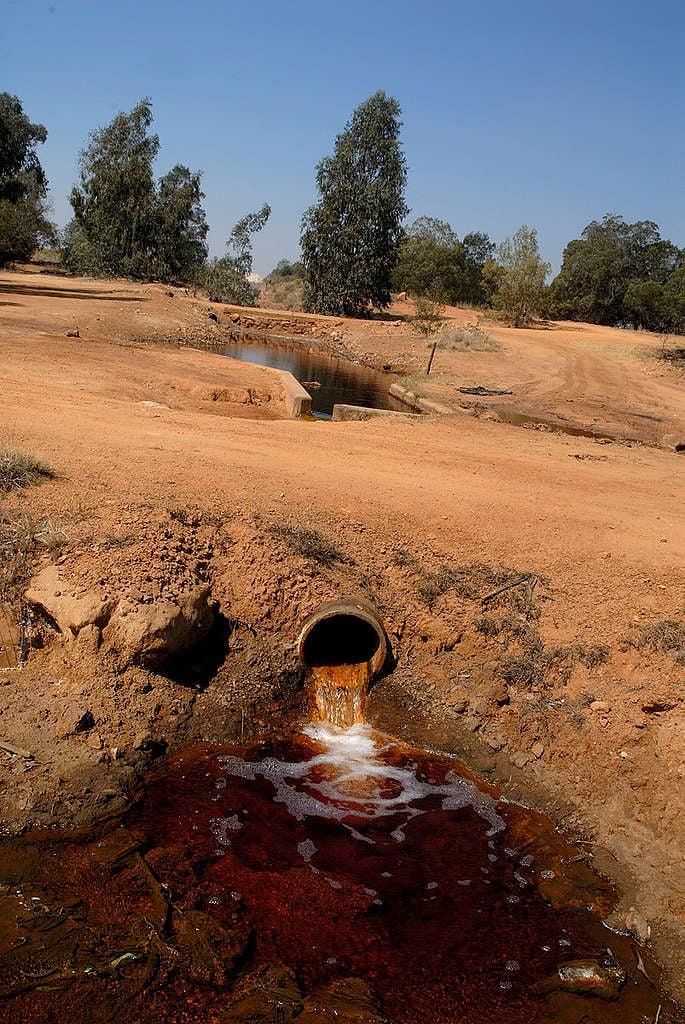
Water pollution through agriculture
Industrial-scale farming that makes heavy use of agrochemicals causes severe water pollution in developing countries. As the worldwide demand for food grows exponentially, farmers are under pressure to grow crops faster and are moving away from organic, sustainable farming practices. In the process, they are compromising their health and the health of their communities by causing water pollution through the introduction of pesticides and excess nitrogen from fertilizers into rivers, streams and water tables. There is evidence that proves intensive dairy farming in particular contributes to water pollution by releasing excessive nitrogen into groundwater tables and water bodies via the introduction of synthetic, nitrogen-rich fertilisers. Farm animals that feed on nitrogen-rich plants make the problem worse by producing excessive amounts of nitrogen-laden waste that causes water pollution. The effects of this polluted water, full of harmful chemicals, are most severe on babies and children, who rely on clean water for healthy development. Time-honoured, ecological and environmentally-friendly farming techniques such as contour and furrow trenches prevent the runoff of water from farming activities into surrounding rivers, where excess fertilizer and pesticides cause water pollution.
Water pollution through untreated sewage
Africa’s fragile infrastructure is struggling to keep up with its burgeoning population, and the effects of this are being seen most clearly in the massive rise in water pollution which is slowly killing water bodies throughout Africa. Amos Wemanya, a Greenpeace Africa campaigner based in Nairobi, Kenya, has outlined how raw human effluent is slowly poisoning lakes in Kenya and Uganda. This water pollution is causing fish species to die off in massive numbers, thus having a catastrophic effect on the food chain as local populations rely on these water bodies for survival and their livelihoods. Wemanya has outlined how flooding has exacerbated the already dire situation, with huge amounts of sewage flowing into Lake Victoria and Lake Nakuru via rivers and tributaries, causing additional water pollution. The effects of this water pollution are also being felt by the plants, animals and birds that call these areas home, and draw thousands of tourists to Kenya each year. Through this process, Wemanya argues that water pollution is also causing economic growth to stagnate.
“Fishing communities around Lake Victoria and Nakuru are losing their livelihoods. The lives and health of consumers who depend on the Lake Victoria and Nakuru fish are at risk.”
– Amos Wemanya
How and why is water in Africa being polluted?
Polluted water sources are a huge issue needing urgent attention in Africa, where human activity such as farming, mining and deforestation, combined with inefficient infrastructure, corrupt governments and foreign industries operating without any accountability contribute to water pollution. Africa’s population is expanding at a rapid rate, and crumbling infrastructure is struggling to keep up with the demand placed upon it by expanding urban centres. Water pollution through the dumping of waste into nearby water bodies is the inevitable result as communities are not provided with alternative means of disposal.
The deforestation of Africa’s precious green lungs in Cameroon and the Congo Basin are also major causes of water pollution. The effects of deforestation on water pollution include an increase in soil erosion as the natural vegetation is stripped away and silt and other impurities end up in rivers and streams, where they cause water pollution and compromise the quality of clean water for both animals and people living in these areas.
“…the profiteers of such decisions are never the communities – but always a small group of self-serving elites.”
Sylvie Djacbou Deugoue, Greenpeace Africa campaigner in Cameroon.
Prevent water pollution through deforestation and protect the fragile Congo Basin Forest by SIGNING THIS PETITION and halt the destruction of the Ebo Forest in Cameroon by adding your name HERE.
Where are some of Africa’s biggest water pollution problems?
- The Okavango Delta, Botswana
In 2020, ReconAfrica made news by announcing that it would commence fracking at the headwaters of the Okavango Delta river system in Namibia, and the Tsodilo Hills in Botswana. The disastrous effects of fracking gas on water pollution have been outlined above, and if allowed to go ahead, this will cause irreparable damage to vulnerable people that inhabit the area of the Okavango Delta, in addition to the flora and fauna that inhabit this biodiverse region. Perhaps most importantly, the Okavango Delta is the only source of permanent water in this area of Southern Africa, with plant and animal life carefully acclimated to the annual flooding of the marshlands and plains in the dry season. Water pollution caused by fracking would have serious long-term effects on the Okavango Delta.
Make sure that Hage Geingob, the Namibian president, knows how serious the consequences of fracking in the Okavango Delta would be by writing him an email.
- The UmBilo river system, South Africa
The water in the UmBilo river system in Durban’s eThekwini municipality is shockingly polluted. This is due to years of unchecked pollution from industry and inefficient and degraded sewage infrastructure resulting in raw sewage causing the water system to be polluted. The water pollution is so bad that the water itself has changed colour. Not only is the health of the surrounding communities being affected by this water pollution, but ecologically sensitive biospheres along the path of the UmBilo river system are also being threatened. Greenpeace Africa is partnering with the UmBilo River Watch community group to raise awareness of the causes and effects of this water pollution on vulnerable communities and ecosystems.
Force the Department of Water and Sanitation and the mayor of Durban to do something about this HERE.
- Nam Lolwe (Lake Victoria), Kenya
Hundreds of communities in Kenya, Uganda and Tanzania rely on this massive freshwater lake for survival, but the future of the lake is threatened. Runoff of pesticides and fertiliser from nearby farming activities, raw sewage from villages on the lake shoreline, and mining effluent are all causing water pollution. The effects of this water pollution are being felt most acutely by the people who live on the lake shoreline and rely on the waters of the lake for food, but ironically also contribute to the cause of the water pollution through fishing methods that contaminate the water of the lake.
Hold the National Environment Management Authority and the Ministry of Environment and Forestry accountable for the causes and effects of the pollution of Lake Victoria’s water HERE.
Who is causing water pollution?
South Africa’s electricity provider Eskom
South Africa’s national electricity supplier is one of the major causes of water pollution in the country. There is no disputing that the huge amounts of contaminated water used to extract and wash coal for electricity generation, in addition to the cooling of steam turbines, are finding their way into our environment where this polluted water has disastrous effects on at-risk communities. Water pollution through coal mining is also being exacerbated by acid mine drainage, causing severe pollution of critical South African water bodies such as the Olifants River near the ecologically-sensitive Kruger National Park. This process occurs when mining processes expose sulphide-bearing rocks to oxygen, kicking off a chain of harmful chemical reactions that release a toxic mix of chemical pollutants into the surrounding water, which then causes pollution of groundwater, rivers and streams.
Learn more about Eskom’s effects on water pollution HERE.
Foreign-owned industries like Golden Lead
Foreign-owned industrial interests are exploiting Africa’s natural resources and are not being held accountable. The Chinese fish meal and fish oil industry has exploded along the West African coastline, threatening the food security of vulnerable local populations and causing water pollution through untreated effluent. Only a few months ago, it was confirmed that a large stretch of Sierra Leone’s beaches and coastal forests had been sold for development of Chinese fishmeal factories under the ownership of Golden Lead, despite the reputation of these factories for causing harmful water pollution. The effects of this decision will be far-reaching: Excess indigenous fish species, caught en-masse to grind into fish meal to feed to expensive commercial fish stocks, will be dumped into the ocean where they will rot and decay, causing severe water pollution. Waste material will be pumped directly into the ocean from the factories, contributing to an already out-of-control water pollution problem and compromising the ability of local, at-risk communities that live along Sierra Leone’s coastline.
Click HERE to find out more about the destructive and unsustainable fish meal and fish oil industry.
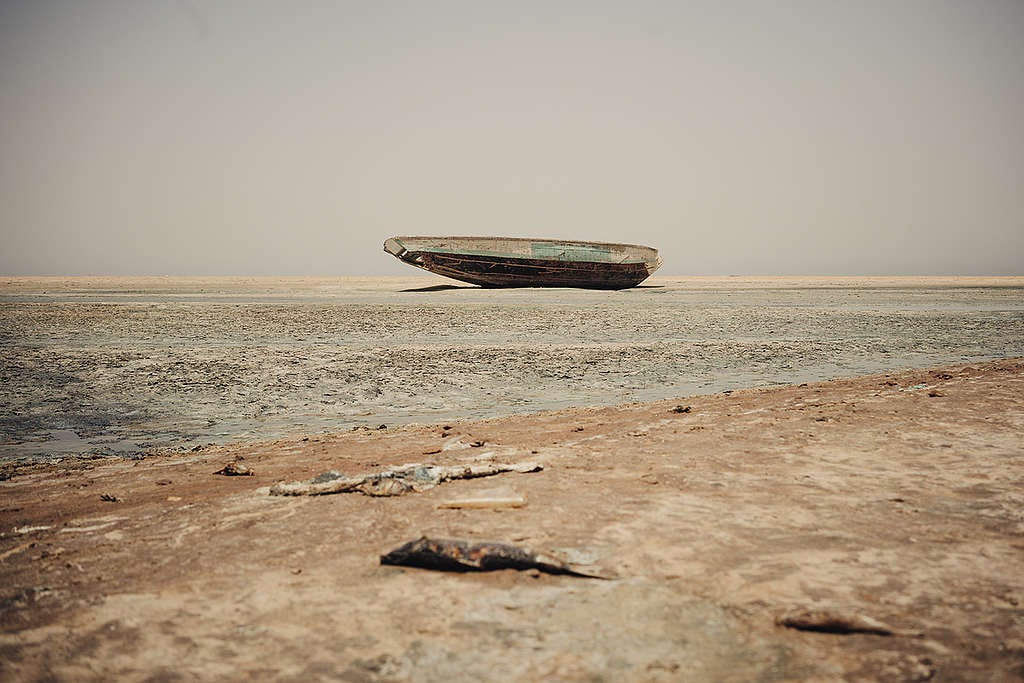
Provincial and national governments
Ultimately, the responsibility to deal urgently with the causes and effects of water pollution on vulnerable communities and ecosystems in Africa lies with national and provincial governments. Just last year, a crude oil spill from a damaged Transnet pipe added yet more pollution to the waters of the UmBilo river in KwaZulu Natal, South Africa. This was despite local communities and activists such as Greenpeace activist Delwyn Pillay consistently calling on the local government to play their part in mitigating the effects of water pollution in this area on the people that live there. The effects of water pollution on this part of the river also cause damage to the environmentally-sensitive and critically important mangrove swamps that the UmBilo river flows into, that form the homes of fish colonies and other marine life. Governments across Africa need to invest in urban infrastructure that prevents water pollution, such as adequate sewage piping and treatment facilities, household and industrial waste disposal and stormwater drains that work. Governments can also stop the causes and effects of water pollution through enforcing stricter environmental regulations on industries that contribute disproportionately to the causes of water pollution.
What can you do about it?
The power to end water pollution is in your hands right now.
Every man, woman and child in Africa deserves the basic human right of access to clean, fresh, unpolluted water that has not been tainted by plastic, oil, mining, pesticides, fertilizers, waste materials or other contaminants that cause harm to vulnerable communities and damage important and irreplaceable ecosystems. The causes and effects of water pollution in Africa need to be dealt with immediately.
- It is time that we realise water is a finite resource that is precious and must be conserved. SIGN THIS PETITION and play your part in ensuring clean, unpolluted water for all Africans.
- Force the South African government to be held accountable for the water pollution caused by the irresponsible import of plastic waste into South Africa HERE.
- PREVENT water pollution caused by the large-scale deforestation of the Congo Basin forest and its effects on vulnerable communities, plant and animal life.
Semantically related keywords: Water, Pollution, Oceans, Rivers, Agriculture, Mining, Acid Mine Drainage, Eskom,Transnet, Golden Lead, Okavango Delta, Congo Basin, Ebo Forest, Lake Victoria, Fish meal, fish oil
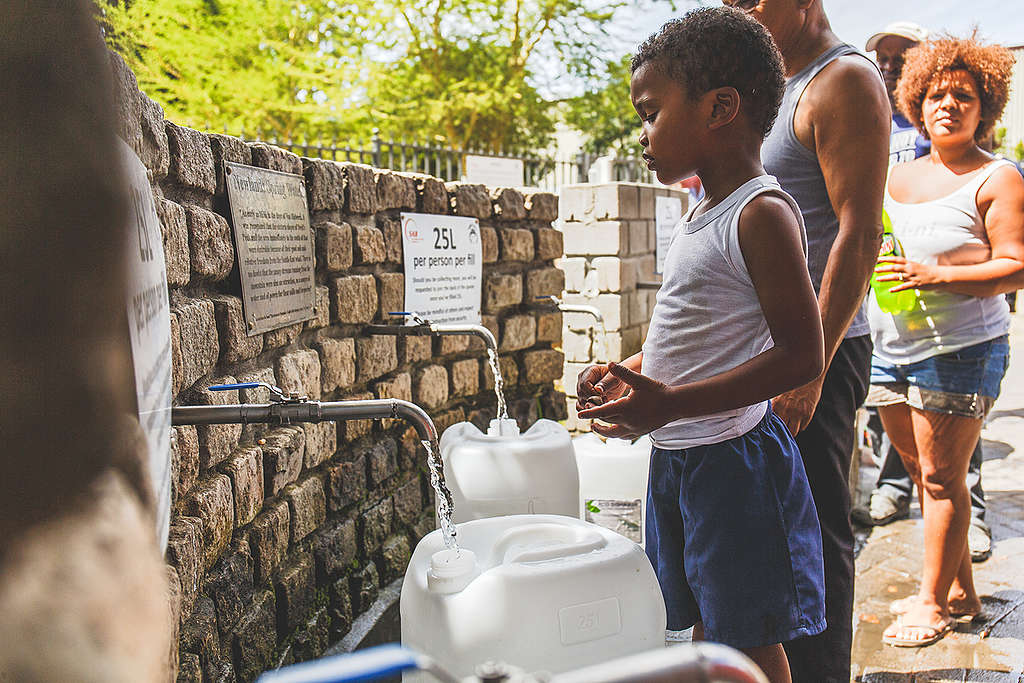

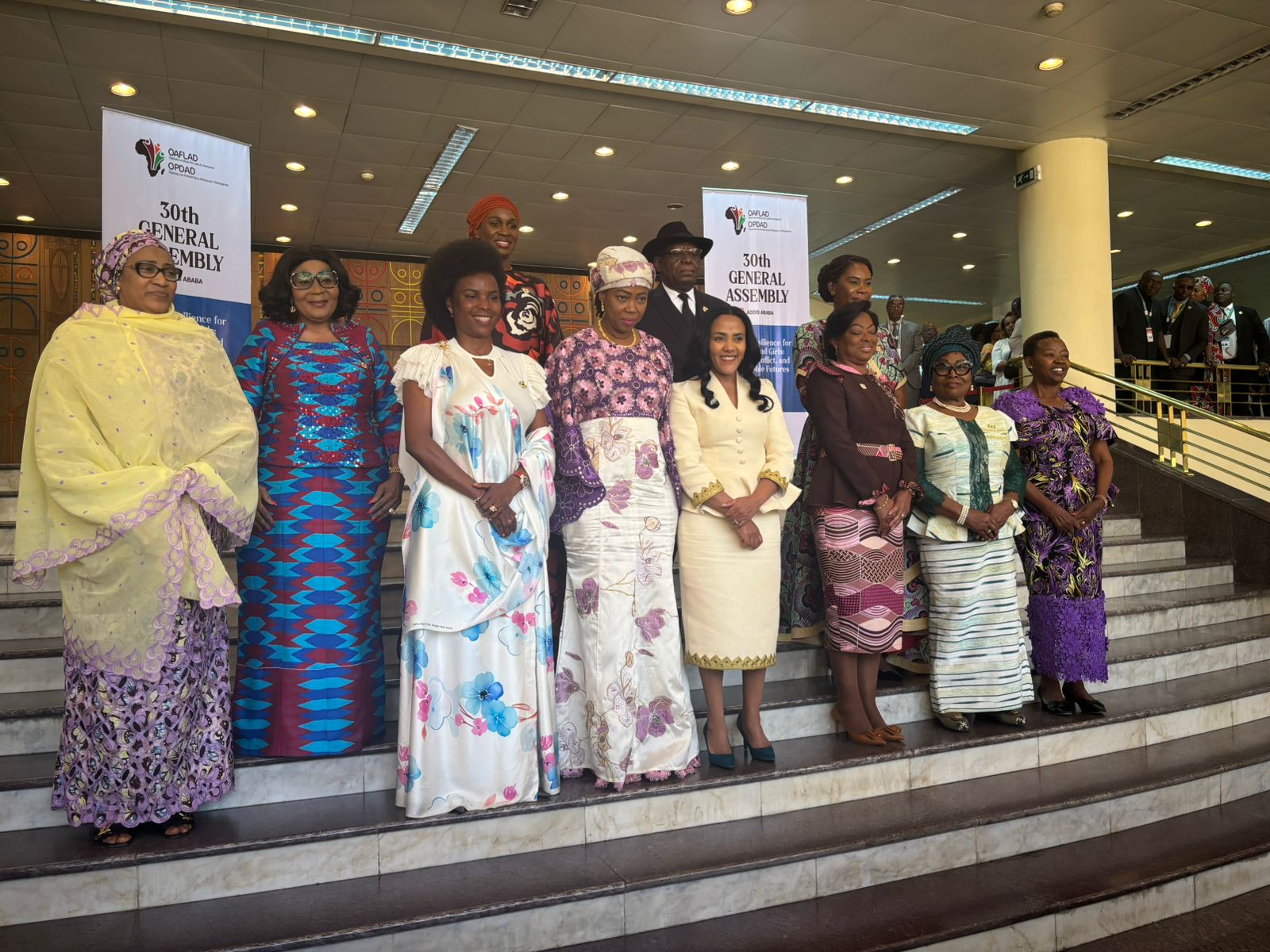
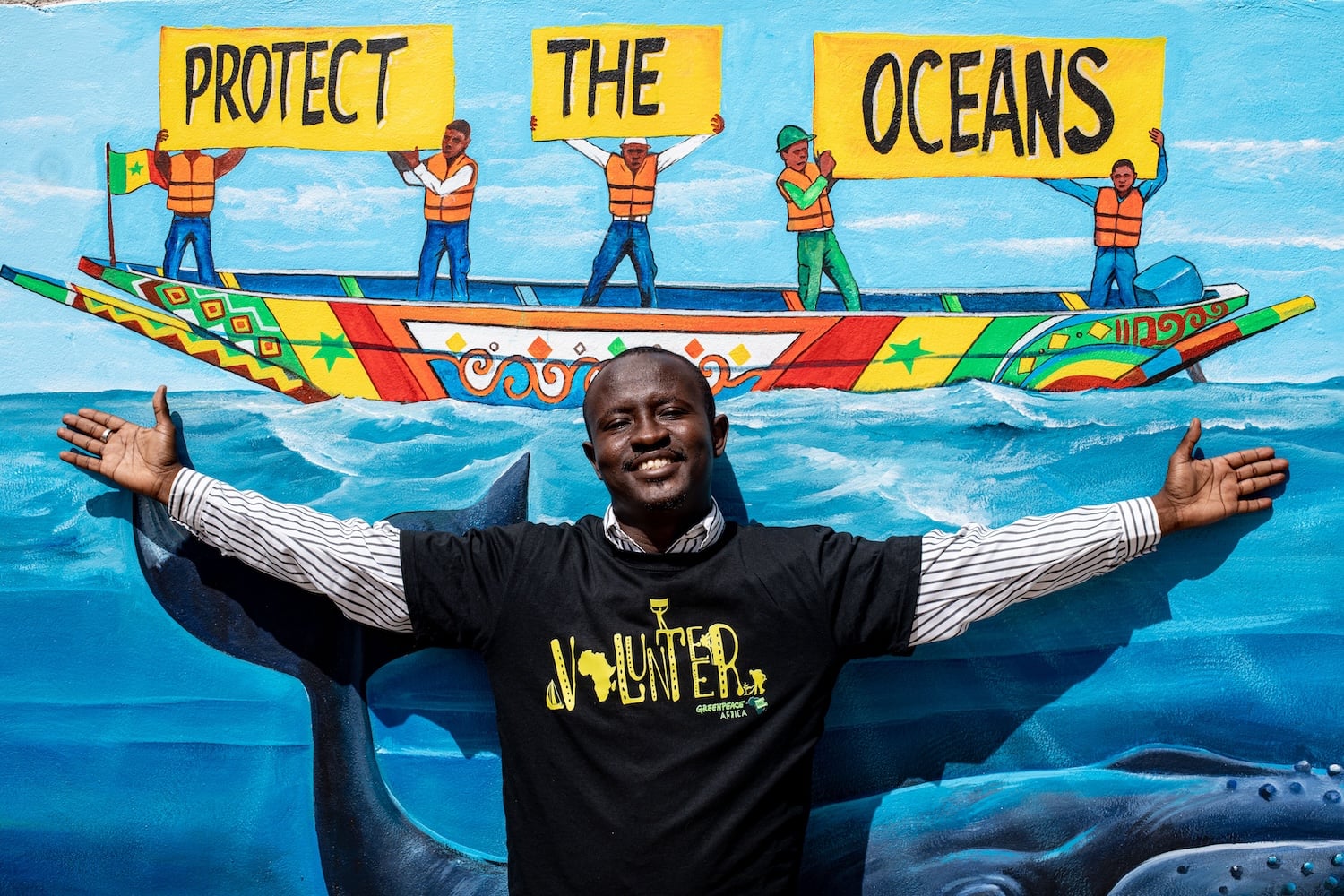
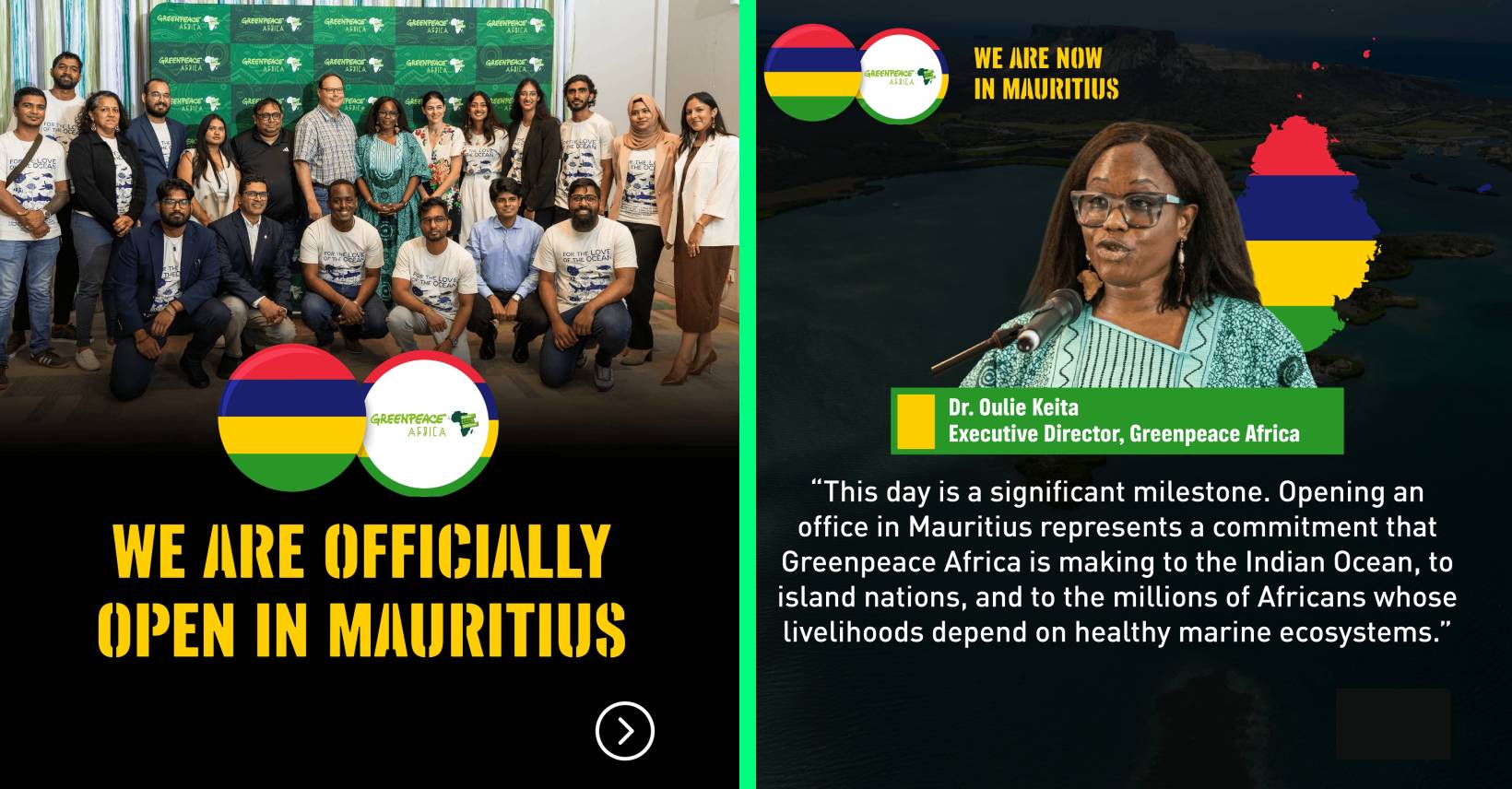
Discussion
Very encouraging
Thank you for your support 💚.
nice
I always wanted to know, thanks for sharing. One day things will change, in the mean time we need to keep spreading awareness!
Thank you for your support.
I would like to do a project with this
not sraght forwird
Hi, Thank you for your comment. May you clarify what you mean?
Thx. Very helpfull
Glad we could share some light.